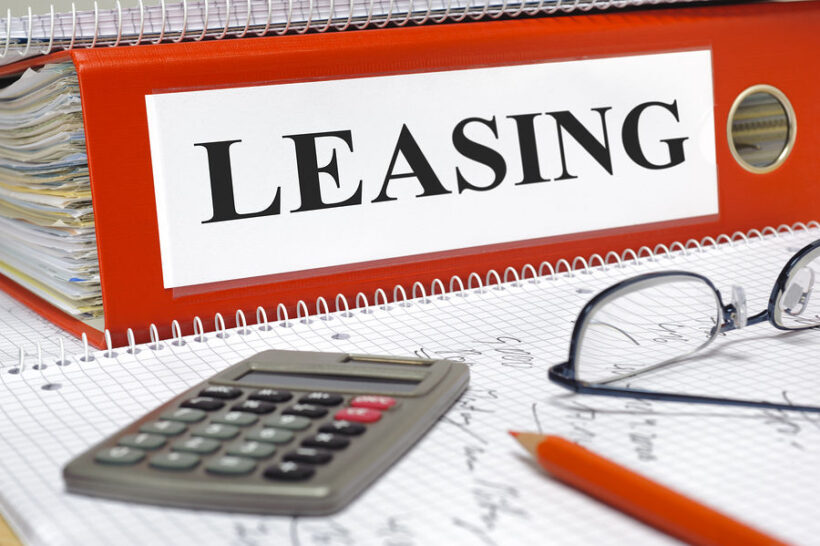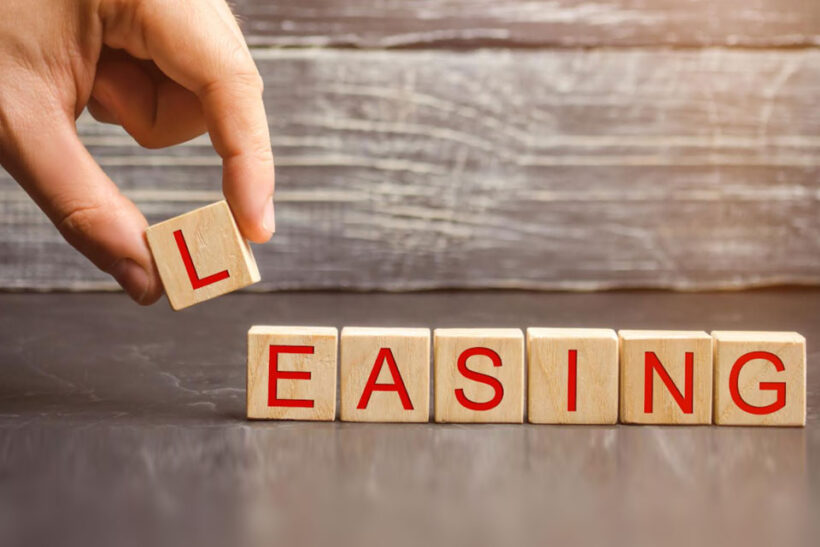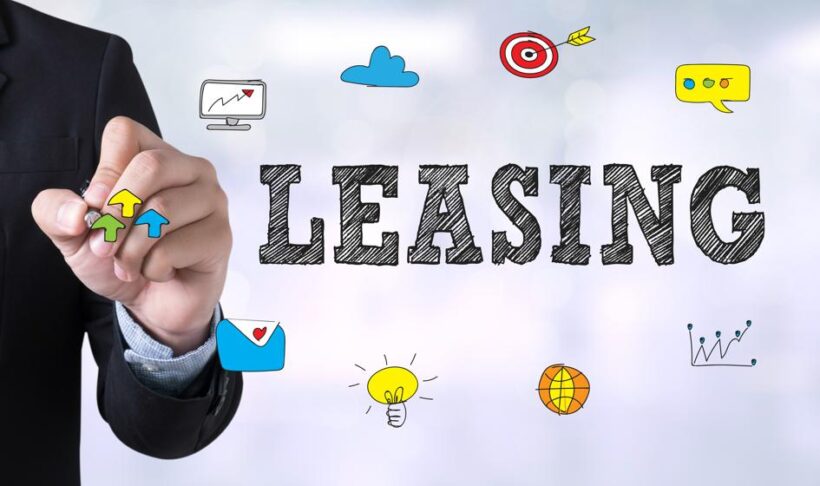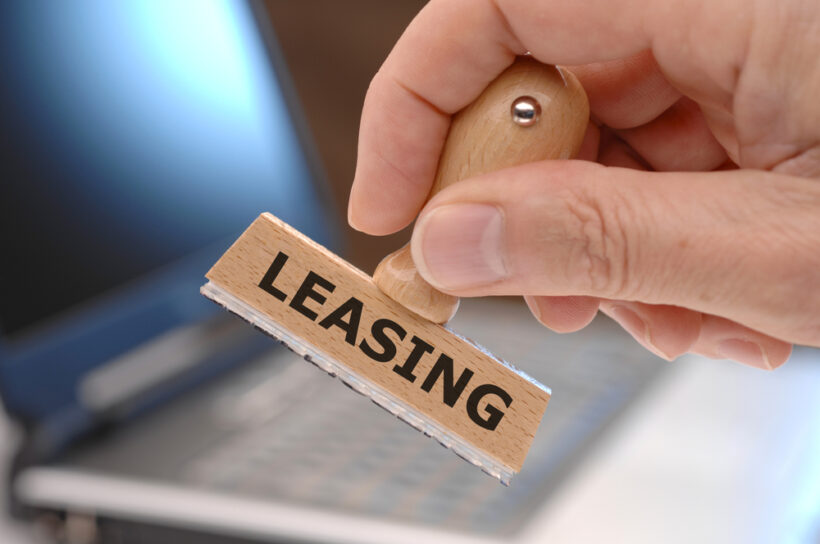Leasing, an alternate means to acquire a property or asset without an outright purchase, has continued to grow in popularity. This trend can be traced back to the array of benefits it offers, from reduced upfront costs to flexible arrangements. However, it is not without its drawbacks.
In this article, we’ll discuss the advantages and disadvantages of leasing, focusing specifically on car leasing. Furthermore, we will also examine the importance of finding a trustworthy leasing company to ensure a smooth leasing experience.
Advantages of Leasing

Lower Initial Cost
One of the major attractions of leasing, particularly with car leases, is the relatively lower upfront cost. Rather than buying a vehicle outright, a lease often requires just a small down payment or even none at all. This makes it an attractive option for those who might not have the resources for an outright purchase.
Flexibility
Leasing also offers the flexibility of short-term commitment. Most car leases typically last 2-4 years, which allows you to switch vehicles more frequently than if you were to buy a car outright. This is ideal for those who enjoy driving the latest models or who have rapidly changing needs.
Maintenance Costs
In many cases, leased vehicles come with a manufacturer’s warranty that covers most of the maintenance costs. This feature can help lessees avoid unexpected repair expenses, which can provide peace of mind.
Access to New Technology
Leasing allows businesses and individuals to keep up with the latest advancements in technology without incurring the full cost of purchasing new equipment or vehicles. Leasing gives you the opportunity to regularly upgrade to newer models or versions, ensuring that you have access to the most up-to-date features and capabilities.
Reduced Risk of Depreciation

When you lease an asset, you avoid the risk of depreciation. Unlike owning a depreciating asset, where its value typically decreases over time, leasing allows you to use the asset for a fixed period and return it once the lease term ends. This can be particularly beneficial for assets that rapidly lose value, such as certain types of vehicles or technology equipment.
Predictable Budgeting
Leasing often involves fixed monthly payments for the duration of the lease term. This can help with budgeting and financial planning since you know exactly how much you need to allocate for the lease payment each month. It allows for better cash flow management and helps avoid unexpected costs that may arise with ownership, such as major repairs or maintenance expenses.
Tax Benefits
In some jurisdictions, leasing can provide tax advantages. Lease payments are typically considered operating expenses rather than a capital expense, making them tax-deductible in certain cases. It’s advisable to consult with a tax professional to understand the specific tax implications and benefits of leasing in your jurisdiction.
Disadvantages of Leasing

Limitations
Leases often come with various restrictions, such as mileage limitations. For cars, exceeding the specified mileage can result in hefty charges. Furthermore, any damage to the vehicle beyond normal wear and tear could also lead to additional costs.
No Ownership
One of the main drawbacks of leasing is that you won’t own the asset at the end of the lease term. Unlike buying a car, where you can sell or trade in the vehicle, leasing offers no such benefit.
Cost Over Time
While leasing may have a lower initial cost, the cumulative cost over time can be higher than buying, particularly if you continually lease vehicles. The lack of an asset at the end of the lease also means there’s no opportunity to recoup any of the lease payments through resale.
Limited Control and Customization

When you lease an asset, you may face restrictions on customization and usage. Leasing agreements often come with specific guidelines on how the asset can be used, maintained, and modified. If customization or control over the asset is important for your business needs, leasing may not provide the level of flexibility you require.
Potential for Overuse Penalties
Leasing agreements typically have mileage or usage restrictions for vehicles and certain equipment. If you exceed these limits, you may incur additional fees or penalties. This can be a disadvantage for businesses or individuals with high usage requirements or those who anticipate significant changes in their needs over the lease term. It’s important to carefully consider your usage patterns and negotiate appropriate terms in the lease agreement to avoid potential penalties.
Long-Term Cost
While leasing may offer lower initial costs, over an extended period, leasing can be more expensive compared to owning an asset. When you lease, you are essentially paying for the depreciation and the cost of financing the asset, which can add up over time. If you plan to use the asset for an extended period or have the means to purchase it outright, owning may be a more cost-effective option in the long run.
Limited Ownership Equity
When you lease an asset, you have no ownership equity in it. At the end of the lease term, you must return the asset to the lessor. This means you won’t benefit from any potential appreciation in value or have the option to sell the asset if you no longer need it. For businesses or individuals who prefer to build equity or have the ability to leverage assets for financing purposes, leasing may not be the ideal choice.
Importance of a Reputable Leasing Company

A good leasing experience hinges on the quality of the leasing company. In this respect, companies like Pink Car Leasing, who offer cheap car lease deals, are renowned for their integrity and exceptional customer service, make a significant difference.
Pink Car Leasing not only offers competitive pricing but also provides comprehensive aftercare and support, making the entire leasing process seamless and convenient for its customers. They uphold transparency in their dealings, ensuring that all terms and conditions are clear to their clients from the outset, which helps to prevent any unexpected costs or surprises down the line.
Final Thoughts
Leasing can be an attractive option, providing low initial costs, flexibility, and reduced maintenance worries. The choice between leasing and buying is a personal one, heavily influenced by one’s financial situation, lifestyle, and preferences. Whatever the choice may be, it is vital to deal with a reputable leasing company to ensure a positive and smooth leasing experience.

